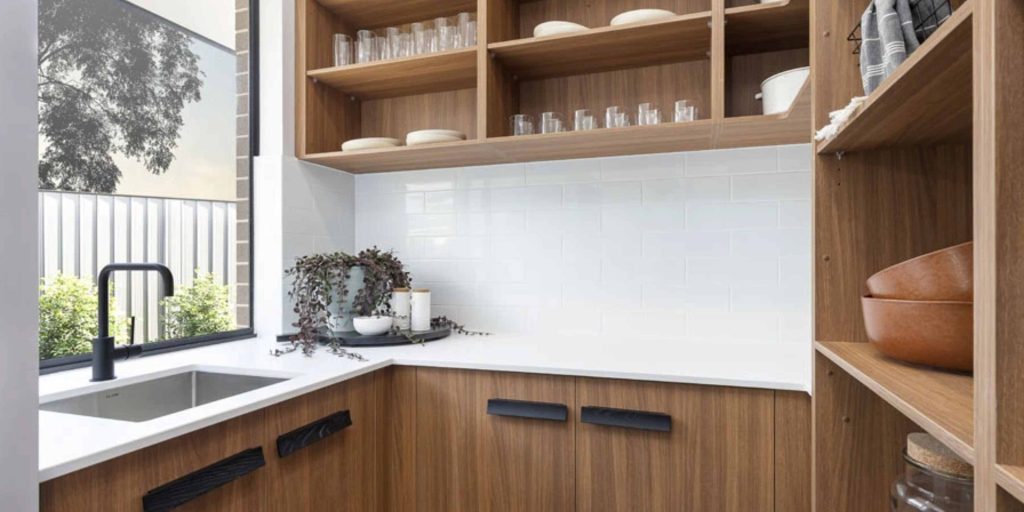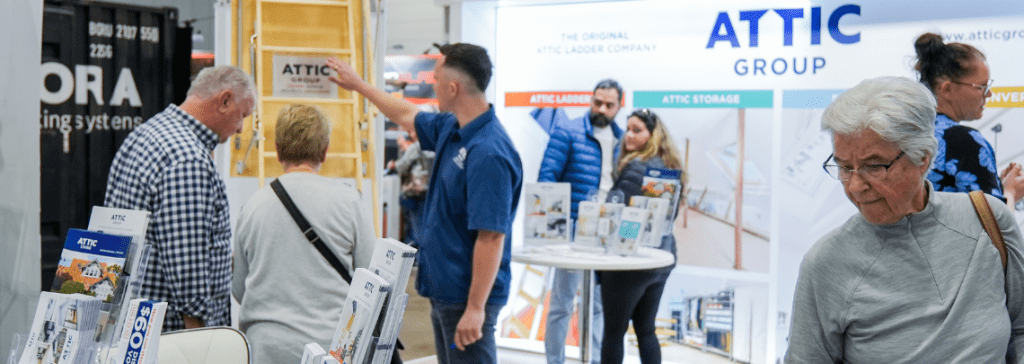Edward Lorenz was a pretty smart man. He coined the “Butterfly Effect” metaphor, which has since become part of popular culture, particularly through Chaos Theory and the science fiction thriller film by the same name.
The Butterfly Effect explores how small things that we do now have an intrinsic effect on other things happening now. Lorenz posed the question, “Does the flap of a butterfly’s wings in Brazil set off a tornado in Texas?” Without delving too deep into philosophy, the short answer in our opinion is yes. Everything is interconnected.
What’s even more fascinating is how the things that we do now don’t have immediate consequences, but have crazy, real-world effects in the longer term. This is known as ‘Cathedral Thinking’. Roman Krznaric talks about this in The Good Ancestor, as “celebrating the time rebels who are reinventing democracy, culture and economics so that we all have the chance to become good ancestors and create a better tomorrow.” Essentially, how do we make better decisions now for the benefit of unborn generations?
Of course – Governments. Economists. Giant corporates. People in ultimate power need to do their bit. And it may seem like we can point the finger and just wait for them to do something. But there are plenty of simple things that we can ALL do on an individual level to embrace cathedral thinking. Here are just three of them:
Shop Well. Buy Once.
Consumerism exists. The structures around us have created it, and continue to maintain the status quo. But if we really question the quality of things that we buy, we’ll buy better things, less frequently. Which is good for us, and the planet.
Conveniently Inconvenient.
Technology in recent decades has led us to believe that convenience is a good thing. But just because something is convenient, does that mean it’s any good? There are plenty of companies out there making quality things, in amounts that don’t lead to so much waste. These things are often more beautifully crafted and may take a little longer to get to you. They might also be less available. But they’re out there. And not only will this lead to more support for smaller businesses, you’ll also support the planet – something that future generations will thank you for.
Question the source.
People tend to vote with their wallets. Cheap things tend to be cheap for a reason – and the reason isn’t often a good one. The way to avoid unethical companies and their unsustainable practices is to boycott those companies. Ask them where and how they source their products. Question if a 20% discount, eight times a year is actually a good thing. Future generations have zero choice in how companies make their goods and services today – so if you currently buy from ones who are making them in an unsustainable or unethical way, find an alternative who’s making them in a more sustainable and ethical way.
Here at Ironclad Co., we don’t control the future – but we make pans. Really good cast iron pans. And whilst a Three Generation Guarantee may seem like a marketing ploy, it’s not. It’s our way of holding ourselves accountable, and confirming that we make products that will last. It’s then our collective responsibility to make sure that there’s a planet to leave them in because future generations have little choice over what planet (if any) they inherit.
Check out The Ironclad Co. on:



